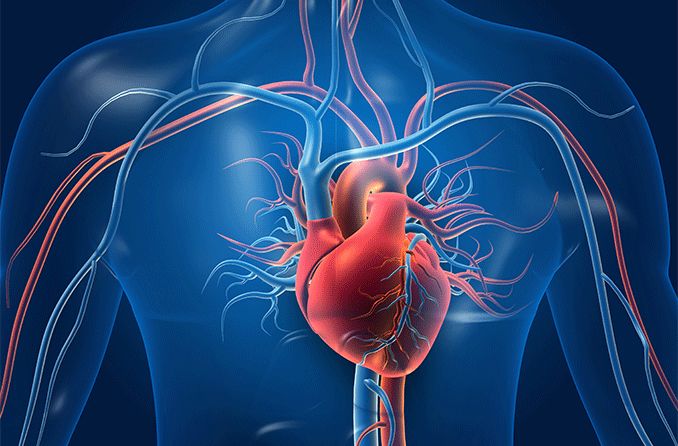These delays lead to more frequent and severe complications. Cardiovascular disease, nephropathy, and other diabetes-linked conditions are disproportionately high among South Asian
Abdominal obesity combined with sedentary lifestyles is fuelling an earlier and more aggressive risk of type 2 diabetes among South Asians, including Indians, a new study has revealed.
Published in the BMJ, the research explored why South Asians tend to develop type 2 diabetes at a younger average age and at lower body mass index (BMI) compared with white populations.
“South Asians face type 2 diabetes earlier and more aggressively than most other populations. Our review shows that diabetes often begins at lower body weight, progresses rapidly, and leads to more complications such as kidney disease and heart attacks,” said Dr. Anoop Misra, Director of Diabetes Foundation (India), who led the study.
The work, conducted in collaboration with researchers from the US, UK, and Sri Lanka, found high prevalence rates of diabetes across the region, with a concerning increase in cases among young people.
Researchers highlighted environmental influences — including sedentary behaviour and growing consumption of processed foods — as major contributors to weight gain and metabolic disruption. This is especially dangerous in South Asians, who typically display higher abdominal obesity, greater ectopic fat accumulation (particularly liver fat), and lower skeletal muscle mass compared to white people of similar age and BMI.
“These features, coupled with rapid beta cell dysfunction, contribute to earlier onset and accelerated glycemia progression — meaning higher overall blood sugar levels than white people,” the study noted. This accelerates complications including retinopathy, cardiovascular disease, and chronic kidney disease.
Importantly, the analysis — based on randomised controlled trials, systematic reviews, and meta-analyses — also found South Asians exhibit higher postprandial glucose (after-meal blood sugar) levels and a faster transition from prediabetes to diabetes. Lifestyle factors such as high intake of refined carbohydrates and low levels of physical activity amplify these risks.
“Prevention through healthy diet, physical activity, and weight control is critical, and instituted early,” Dr. Misra, former Professor at AIIMS, told.
He stressed that timely intervention is vital but acknowledged systemic barriers: “Access to affordable care remains a huge challenge. Delayed diagnosis is common due to limited awareness and healthcare availability, especially in underserved populations.”
These delays lead to more frequent and severe complications. Cardiovascular disease, nephropathy, and other diabetes-linked conditions are disproportionately high among South Asians.
The researchers emphasised the need for targeted strategies — including affordable care models, innovative healthcare solutions, and population-wide preventive interventions — to reduce the growing burden.
“Efforts must prioritise strengthening healthcare systems, making treatments accessible, and promoting healthier lifestyles at the population level,” the authors concluded.
With South Asia at the epicentre of the global diabetes epidemic, the findings underline the urgency of addressing this escalating public health crisis before it claims an even larger toll.












